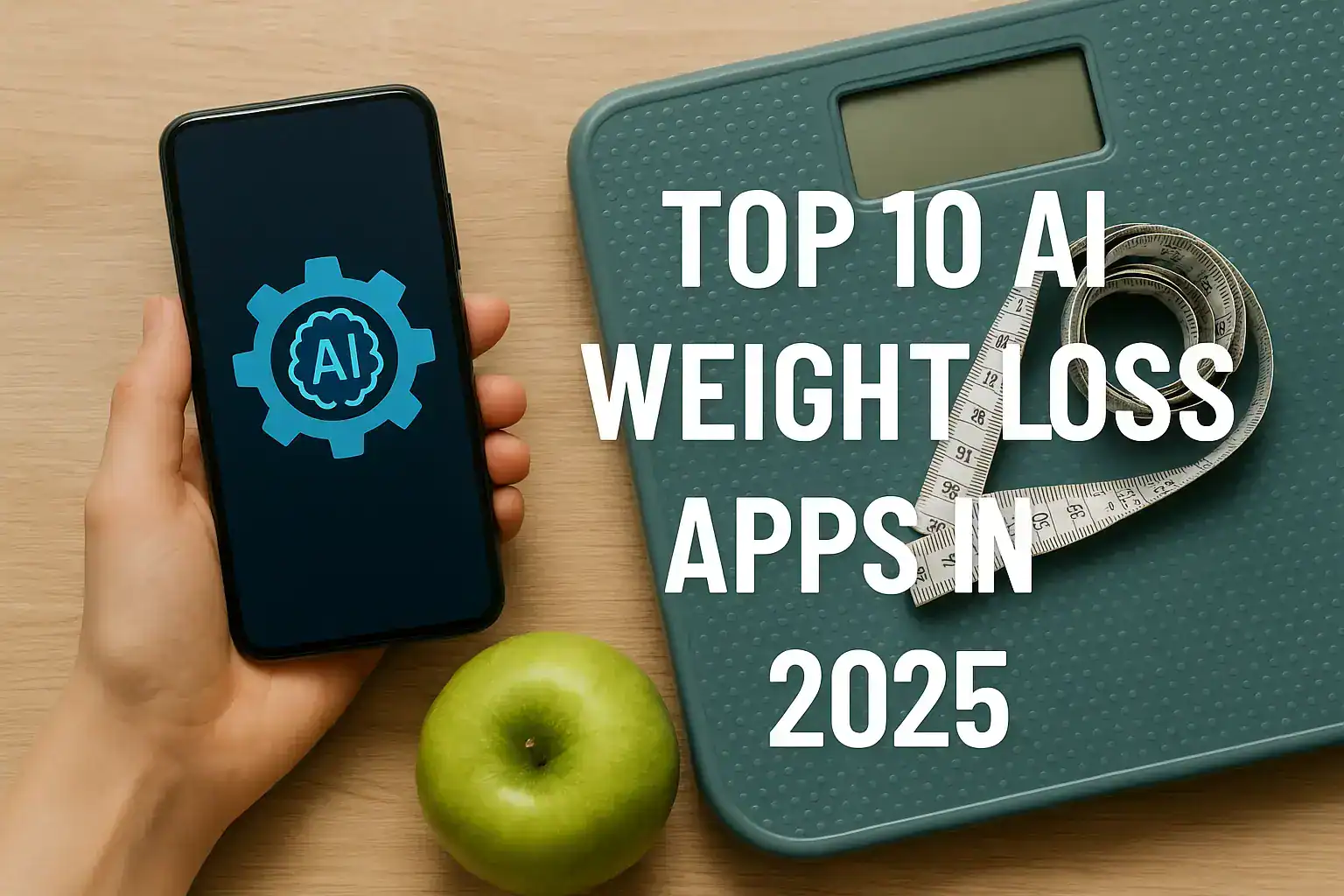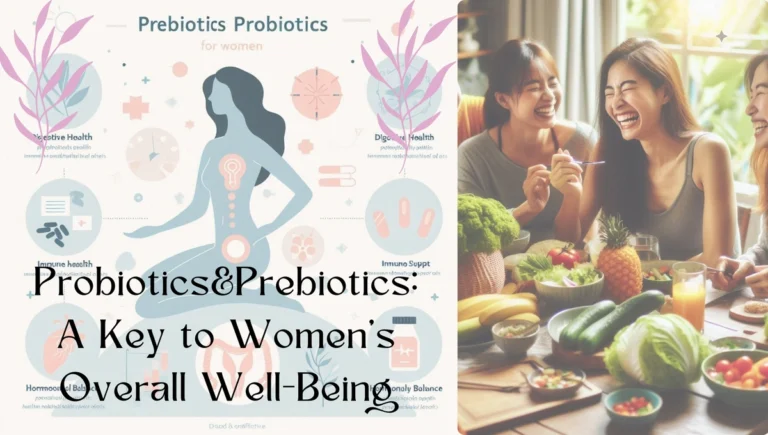Unlock Smarter Weight Loss:Top 10 AI Apps You Need in 2025
In 2025, several AI weight loss apps will go beyond simply tracking and creating workout plans to provide deeply personalized insights, predictive analytics and intelligent coaching, etc. Nutrimind, Trainerize, coachify.ai, choice in Clude, and metabolic insight are some popular weight loss apps. Among these, the Top 10 ai apps for weight loss in 2025 will stand out for their innovative features.
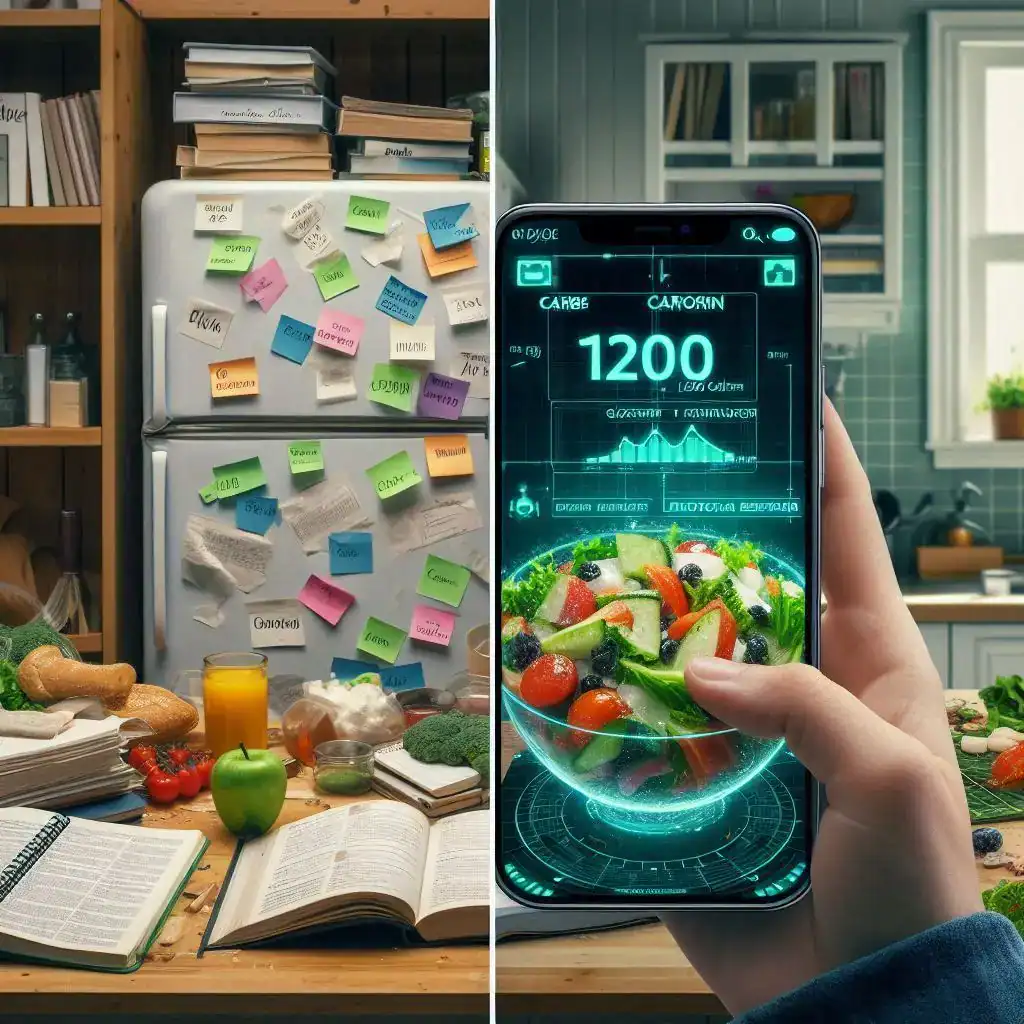
If you are someone who is fed up with the following generic diet and workout routines that is not giving you desired results. Because these diets and workout is not specifically tailored according to your body and lifestyle. Almost 80% of people give up on their diets and workouts, very often because of the lack of personalization. But now artificial intelligence is completely changing the landscape of weight loss.
By 2025, AI-powered weight loss solutions are expected to grow into a $4.5 billion market, offering unprecedented levels of personalization and effectiveness. These smart applications don’t just count calories—they analyze your unique patterns, predict challenges before they happen, and adapt recommendations in real-time to keep you progressing toward your goals.
The Top 10 ai apps for weight loss in 2025 will provide tailored solutions to meet individual needs and preferences, making weight loss more achievable than ever.
Why AI is Revolutionizing Weight Loss in 2025
Traditional weight loss approaches often fail because they don’t account for individual differences in metabolism, lifestyle, preferences, and psychology. This is precisely where AI shines.
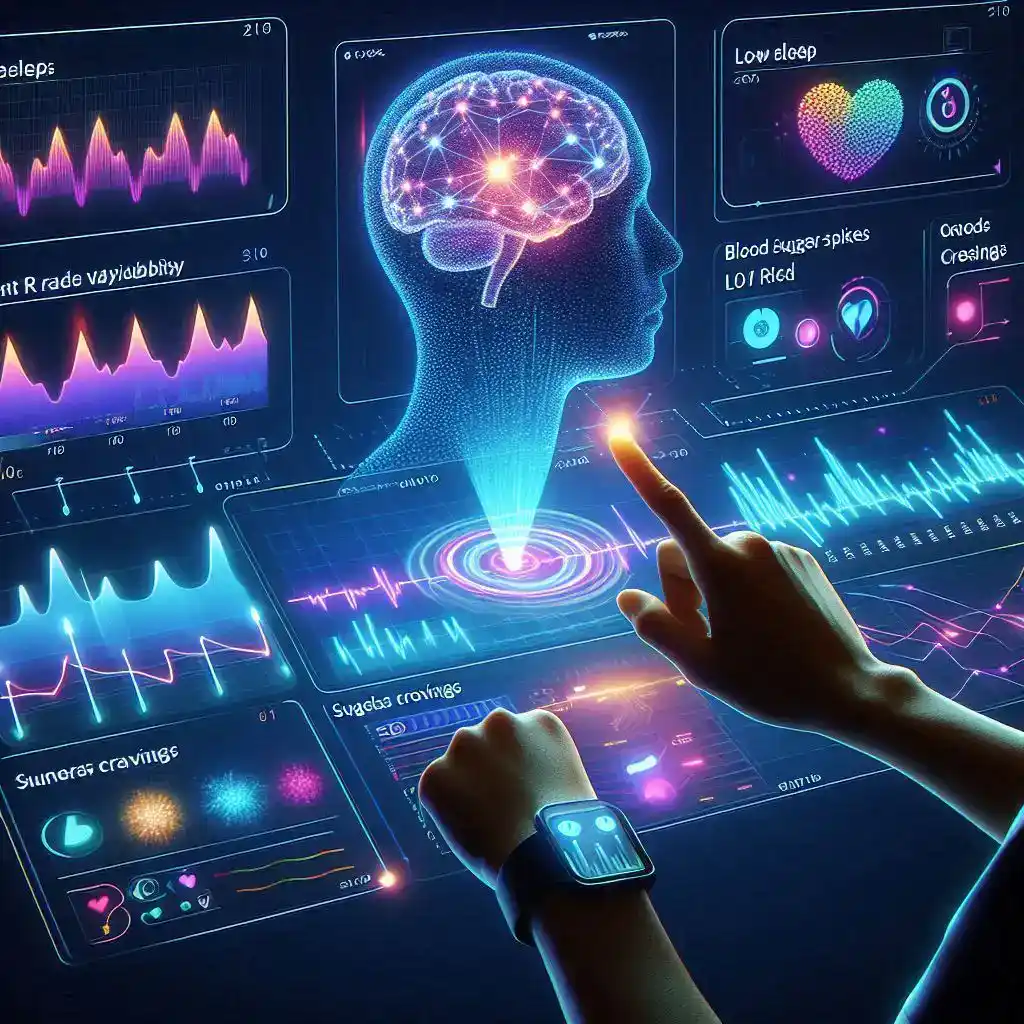
Today’s advanced AI weight loss platforms go far beyond simple calorie counting. They analyze thousands of data points—including your food intake, activity levels, sleep quality, stress patterns, and in some cases, even genetic information—to create a deeply personalized approach to weight management on the basis of given data.
1.Adaptive Learning Capability
– AI continuously learns from user data over time.
– Becomes increasingly personalized through user interactions.
– Adapts to unique needs and preferences dynamically.
2. Advanced Pattern Recognition
– Identifies subtle correlations users might overlook:
– Links between specific foods and energy levels.
– Connections between sleep quality and next-day dietary choices.
Personalized Behavior Change Support
– Tailored interventions based on psychological profiles:
– Timely motivational messages aligned with user behavior.
– Conversational chatbots to address cravings/emotional triggers.
– Creates customized support systems for individual challenges.
Future Evolution (Through 2025)
– Real-time plan adjustments:
– Nutrition/fitness updates based on daily progress metrics.
– Integration of physiological signals (e.g., heart rate, biomarkers).
– Responsiveness to environmental factors (schedule, location, weather).
– Increased sophistication in predictive and adaptive algorithms.
How We Selected the “Top 10 Ai Apps for Weight loss in 2025”
Looking ahead to 2025 requires careful analysis of current trending apps and emerging technologies in the AI health sector. Our selections are based on several key factors:
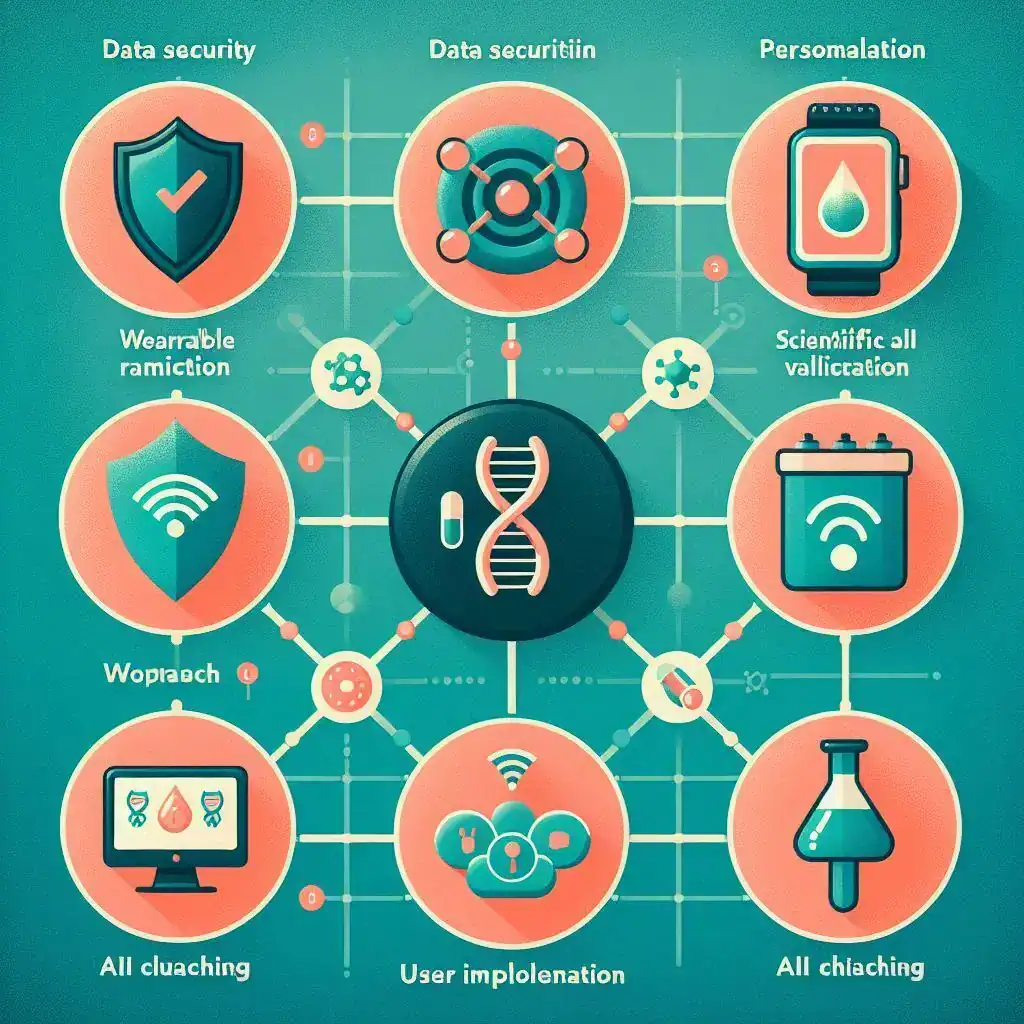
– Genuine AI implementation (not just marketing buzzwords)
– Depth of personalization capabilities- Integration with wearables and other health platforms
– User experience and accessibility
– Evidence-based approaches and scientific validation
– Holistic health focus (beyond just weight)- Data security and privacy measures
– Current market position and development momentum
While no one can predict the future with absolute certainty, these selections represents our informed forecast of which AI weight loss technologies will likely lead the market in 2025 based on current innovation technologies and user adoption patterns.
The Top 10 AI Weight Loss Apps of 2025
1: NutriSense AI
Brief Overview: NutriSense AI stands at the forefront of nutrition-focused weight management, using advanced machine learning to create truly personalized eating plans that adapt daily based on your body’s responses.
Key AI Features (2025):
– Advanced food image recognition that instantly analyzes nutritional content, portion sizes, and even cooking methods from a quick photo
– Continuous glucose monitoring integration that correlates food choices with blood sugar responses to create your optimal eating pattern
– Predictive meal planning that anticipates nutritional needs based on your schedule, workout plans, and previous food response data
– Emotional eating pattern detection with timely interventions based on behavioral psychology
– Voice-enabled logging and conversational AI coach with natural language understanding.
Pros:
– Exceptionally accurate food analysis without manual logging
– Personalization based on physiological responses, not just generic recommendations
– Strong scientific foundation with peer-reviewed efficacy studies
– Seamless integration with health platforms and smart kitchen devices.
Cons:
– Premium subscription cost ($15-20/month anticipated)
– Optimal experience requires compatible CGM device (additional cost)
– May feel data-intensive for some User.
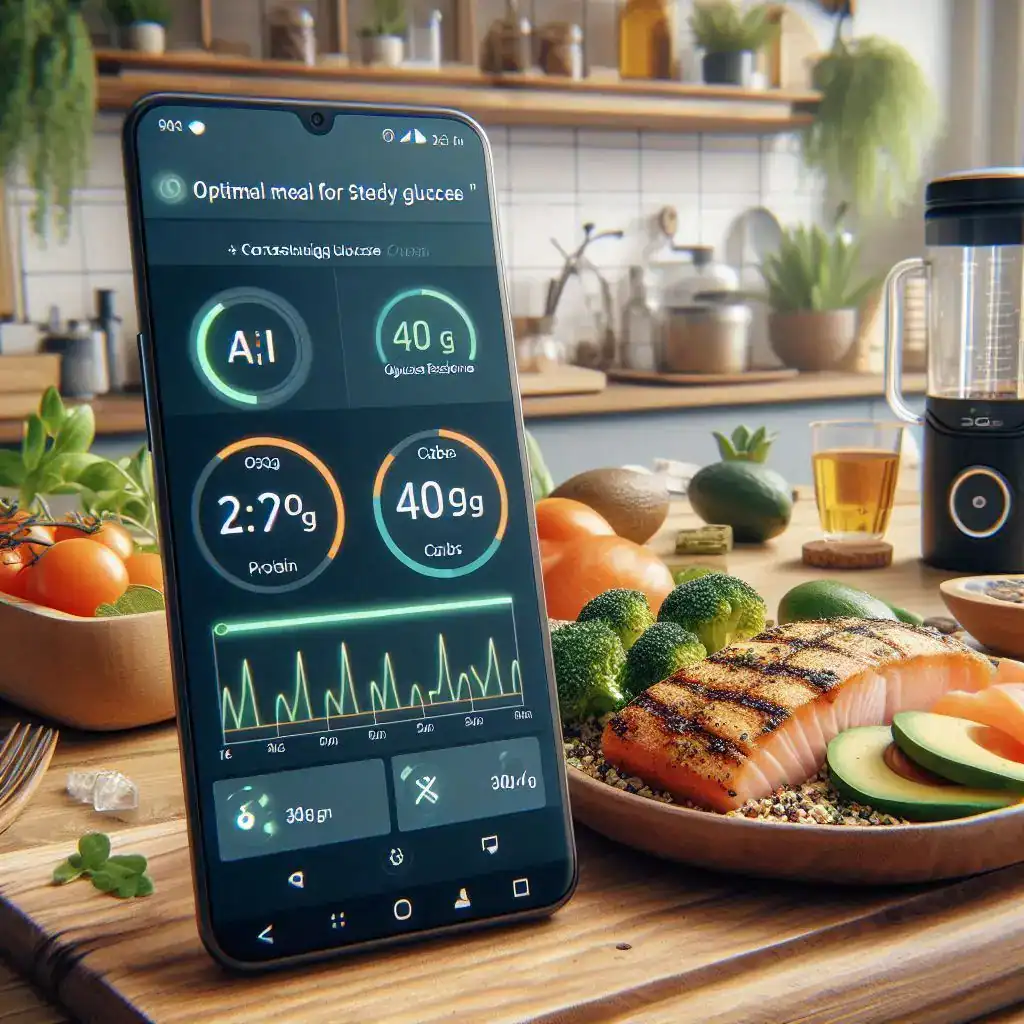
2: FitPredict Pro
Brief Overview: FitPredict Pro transforms fitness planning with AI that predicts your optimal workout patterns, recovery needs, and progression timelines based on comprehensive biometric analysis.
Key AI Features (2025):
– Dynamic workout generation that adjusts in real
-time based on heart rate variability, recovery status, and previous performance
– 3D body composition analysis using smartphone camera that tracks changes in muscle mass and fat distribution
– Performance prediction modeling that forecasts fitness improvements and identifies potential plateaus before they occur
– Sleep quality analysis with workout optimization recommendations
– Injury prevention algorithms that detect form issues and movement patterns that could lead to problems
Pros:
– Eliminates workout plateaus through constantly evolving challenges.
– Prevents overtraining by incorporating recovery metrics
– Highly visual progress tracking beyond simple weight measurements
– Excellent integration with major fitness wearables
Cons:
– Primarily focused on exercise with less emphasis on nutrition
– Requires consistent workout tracking for best results
– More technical than some competitors
3: MindBody Balance‘s
Overview: MindBody Balance pioneers the integration of mental health and weight management, using AI to address psychological aspects of eating, activity, and body image.
Key AI Features (2025):
– Cognitive behavioral therapy (CBT) chatbot customized to your specific emotional eating triggers and patterns
– Stress detection through voice analysis and typing patterns with timely intervention strategies
– Mindfulness recommendations that adapt based on your current mental state and time constraints
– Sleep quality improvement AI with personalized relaxation techniques
– Social support matching with like-minded community members based on goals and challenges
Pros:
– Addresses the crucial psychological aspects of weight management
– Particularly effective for emotional and stress eaters
– Creates sustainable behavior change rather than quick fixes
– Research-backed therapeutic approaches
Cons:- Less focused on specific nutrition metrics
– Requires openness to psychological approaches
– Premium features may require subscription upgrade
4. NutriMind ai
Overview: A leader in hyper-personalized nutrition planning, using AI to analyze dietary responses, preferences, and even potential genetic markers (if shared) for optimal meal composition.
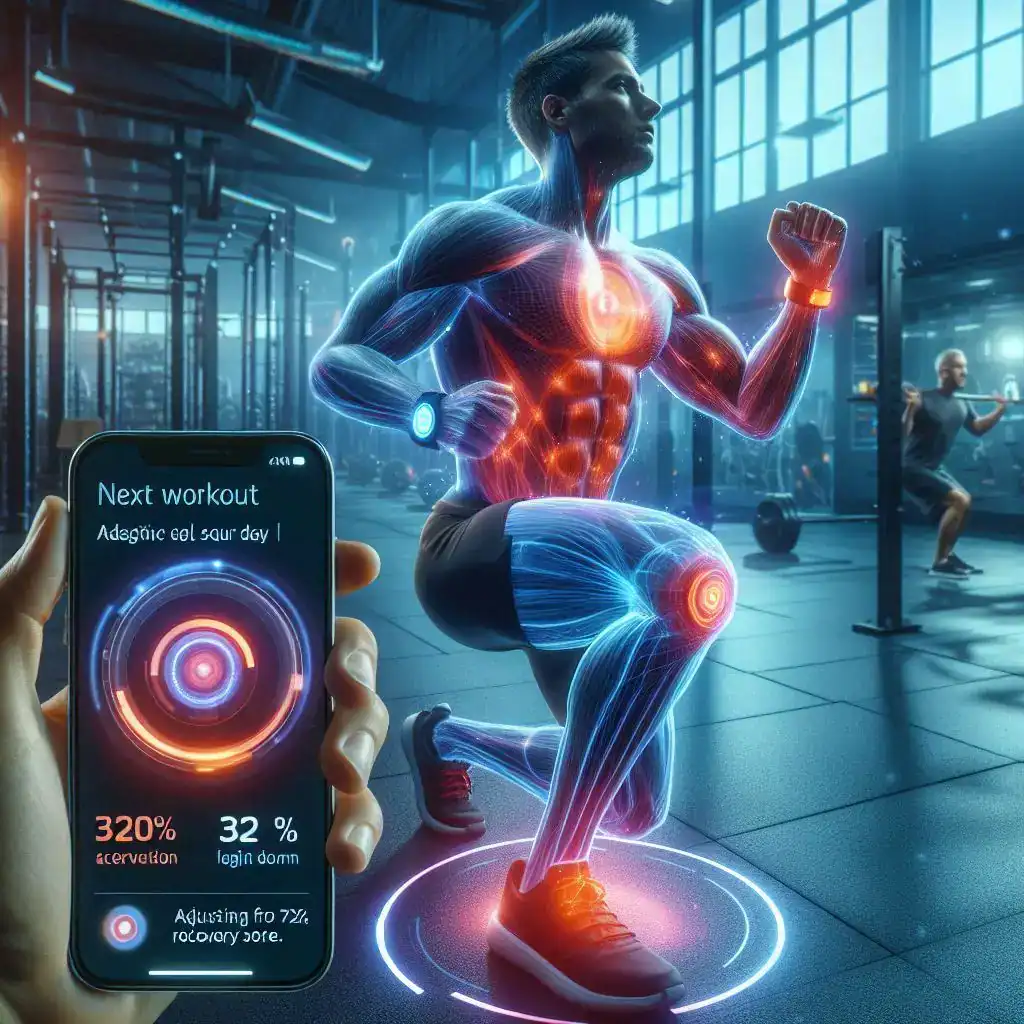
Key AI Features (2025):
-Advanced photo food logging with precise macro/micronutrient breakdown & ingredient recognition.
AI meal generator suggesting recipes based on goals, available ingredients (potentially via fridge scan integration), and learned taste profiles.
Predictive insights into how specific foods impact your energy levels or cravings.AI chatbot specialized in nutritional guidance and habit formation.
Integration with CGM data for real-time blood sugar response analysis.
Pros:
-Extremely detailed personalization, strong focus on nutrition science, helpful for complex dietary needs.
Cons:
-Potentially high subscription cost, may require significant data input, focus primarily on diet over fitness.
5. Metabolic Insights
Overview: Aims to provide deeper metabolic understanding, potentially integrating with breath analyzers or advanced biomarker tracking to offer insights into fat/carb burning efficiency.
Key AI Features (2025):
AI analysis of metabolic flexibility based on logged food, activity, and biomarker data (e.g., breath acetone).
Personalized macro-timing suggestions to optimize fat burning.
AI interpretation of complex biomarker data into simple, actionable advice.
Correlation analysis between lifestyle factors (sleep, stress) and metabolic state.
Tailored fasting protocol recommendations (if applicable).
Pros:
Offers unique metabolic insights, potentially powerful for breaking plateaus, appeals to biohackers.
Cons:
May require specialized (and potentially expensive) hardware, relies on emerging science, could feel overly technical for some.
6. Mindful Plate ai
Overview: Focuses heavily on the psychological aspects of eating, using AI-powered CBT tools and sentiment analysis to address emotional eating and build sustainable habits.
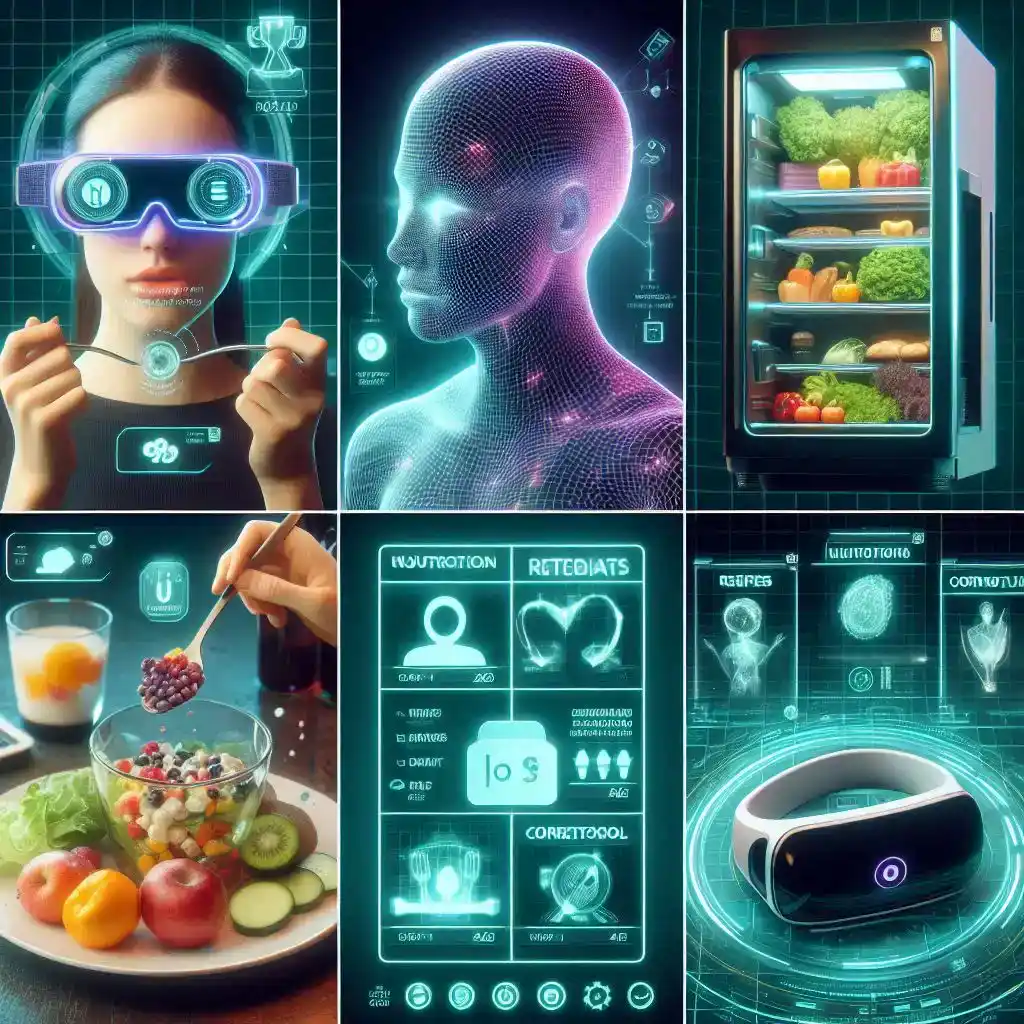
Key AI Features (2025):
AI chatbot trained in motivational interviewing and CBT for mindful eating coaching.
Sentiment analysis of logged food journals or voice notes to identify emotional triggers.
Personalized mindfulness exercises and coping strategies delivered contextually.
AI-driven habit formation modules with progress tracking.
Gentle nudges and reflections based on user-reported mood and eating patterns.
Pros:
Excellent for tackling emotional eating, strong focus on long-term behavioral change, promotes mental well-being.
Cons:
Less focus on precise macro tracking or intense fitness regimes, effectiveness depends on user engagement with journaling/coaching.
7.ZenFit AI Coachify
Overview: Blends AI-driven fitness and nutrition tracking with robust stress management and mindfulness features, recognizing the crucial link between mental state and physical health.
Anticipated Key AI Features (2025):
AI analysis correlates stress levels (via HRV or self-reporting) with eating patterns or workout adherence.
Personalized meditation or breathing exercises suggested based on detected stress patterns.
AI-driven journaling prompts focusing on the mind-body connection.Integration of mindful movement practices (yoga, tai chi) into fitness plans.
Pros:
Excellent integration of mental wellness, promotes sustainable lifestyle changes, addresses stress as a key factor in weight management.
Cons:
Might be less aggressive on pure weight loss metrics compared to hyper-focused apps, benefits depend on engaging with mindfulness components.
8. MetaHealth Prime
Brief Overview: MetaHealth Prime takes a systems biology approach to weight management, incorporating advanced biomarker tracking and genetic analysis to create truly personalized metabolism-based recommendations.
– Metabolic typing and analysis based on various biomarkers to determine your optimal macronutrient ratios
– Genetic predisposition insights with personalized nutritional recommendations based on your DNA
– Microbiome analysis integration with specific food recommendations to optimize gut health
– Hormone fluctuation tracking (especially valuable for women) with adaptive nutrition and exercise suggestions
– Chronobiology optimization that determines your ideal eating windows and exercise timing
Pros:
– Deeply personalized based on objective biological markers
– Particularly effective for those with metabolic challenges
– Excellent for data-oriented individuals who appreciate the science
– Potentially more efficient results through precision approaches
Cons:
– Higher price point reflecting advanced technology
– May require initial testing kits (genetic, microbiome)
– Complex interface with steeper learning curved.
9. EvoFit AI
Overview: EvoFit AI specializes in adaptive body recomposition through a dynamic AI system that continuously evolves your nutrition and training for optimal muscle growth and fat loss.

Key AI Features (2025):
– Body composition goal forecasting with visual projections of expected progress
– Nutrient timing optimization based on workout schedule and recovery metrics
– Progressive resistance training algorithms that perfectly calibrate workout intensity
– Supplement efficacy analysis personalized to your response patterns
– Meal composition vision analysis that provides macronutrient balance feedback.
Pros:
– Excels at body recomposition (simultaneous fat loss and muscle gain)
– Particularly effective for fitness enthusiasts and athletes
– Strong visual feedback mechanisms- Science-based approaches to nutrient timing and training periodization.
Cons:
– More complex than basic weight loss apps
– Focused heavily on performance metrics
– Requires commitment to structured approaches.
10. NutriLife 360
Overview: NutriLife 360 represents the evolution of the traditional calorie tracking app, using sophisticated AI to make nutrition logging effortless while providing deeper insights about your eating patterns.
Key AI Features (2025):
– Multi-food plate analysis that can identify all items from a single photo
– Ingredient quality assessment that evaluates nutritional density beyond simple macros
– Restaurant menu assistance with personalized ordering recommendations
– Long-term pattern recognition showing correlations between specific foods and weight changes
– Automated shopping list generation based on your nutritional needs and preferences.
Pros:
– Exceptionally easy food logging experience
– Affordable compared to more specialized options
– User-friendly interface accessible to all tech comfort levels
– Excellent for nutrition education and awareness.
Cons:
– Less comprehensive than some competitors in fitness tracking
– Limited advanced biomarker integration
– Focuses primarily on food rather than holistic approaches
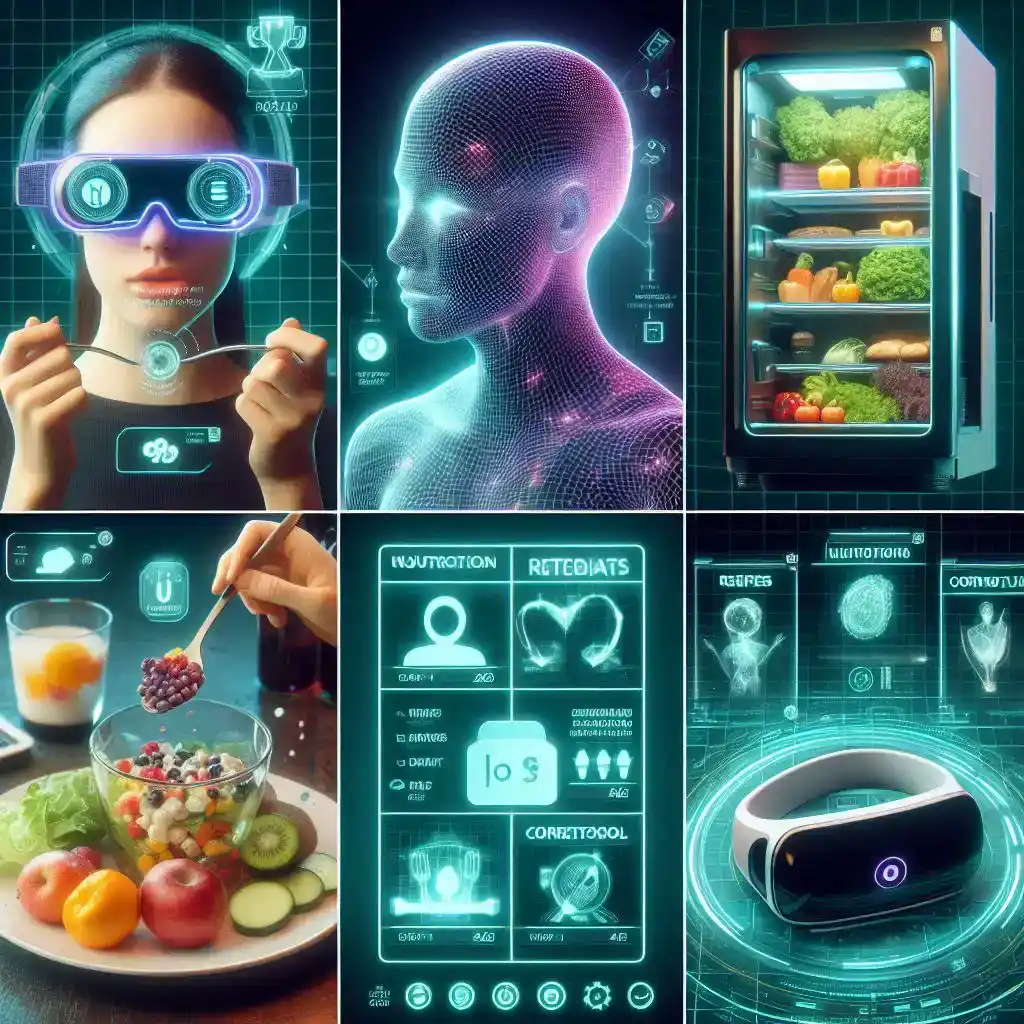
Trends Shaping the Future of AI Weight Loss (Beyond 2025)
The innovation won’t stop in 2025. Expect even more exciting developments:
Deeper Biomarker Integration:
Seamless connection with continuous glucose monitors (CGMs), hormone level trackers, and even microbiome analysis kits for ultra-personalized insights.
Emotional State AI:
Sophisticated AI analyzing text, voice tone, or even facial expressions (opt-in) to better understand emotional states linked to eating behaviors.
Empathetic AI Coaching:
AI coaches becoming even more nuanced, understanding context, and providing truly empathetic and supportive interactions.
Smart Home Integration:
Connecting with smart scales, smart refrigerators (inventory tracking, recipe suggestions), and smart mirrors (form analysis, progress visualization).
AR/VR Experiences:
Augmented Reality for visualizing portion sizes on your plate, or Virtual Reality for immersive guided workouts and cooking lessons.
Choosing the Right AI Weight Loss App for Your
With emerging so many advanced options, how do you pick the best AI weight loss app for your needs in 2025? Ask yourself:
What’s my primary goal? (Rapid weight loss, sustainable habits, muscle gain, managing a condition?)
What’s my budget? (Many top AI apps will likely be subscription-based.)How tech-savvy am I? (Some apps may have a steeper learning curve.)
Which features are crucial? (Detailed food logging, adaptive workouts, mental health support, specific integrations?)
How much data am I willing to share? (Consider privacy policies carefully, especially with sensitive health or genetic data.)
Do I use wearables? (Some apps rely heavily on smartwatch or tracker data.Match your answers to the app profiles.
If you love data and fitness tech, FitPredict Pro might appeal. If emotional eating is your main hurdle, Mindful Plate AI could be transformative. For a budget-friendly start, look towards BudgetWise AI Health. Don’t forget to utilize free trial periods whenever available to test the interface and features firsthand.
Important Considerations & Disclaimers While Selecting AI Weight Loss App:
AI is a Tool, Not Magic:
Success still requires your commitment, consistency, and effort. The app guides, but you do the work.
Consult Healthcare Professionals:
Always talk to your doctor or a registered dietitian before starting any significant weight loss program, especially if you have underlying health conditions. AI apps are not a substitute for professional medical advice.
Data Privacy is Paramount:
Understand how your sensitive health data is collected, stored, used, and protected. Read the privacy policies thoroughly.
Set Realistic Expectations:
Healthy, sustainable weight loss takes time. AI can optimize the process, but don’t expect overnight miracles.
Conclusion: Your Smarter Weight Loss Journey Starts Now
The era of generic weight loss plans is fading. By 2025, AI-powered weight loss apps will offer unprecedented levels of personalization, predictive insights, and intelligent support, making your health journey smarter, more adaptive, and potentially far more successful. From hyper-personalized nutrition plans and dynamic workouts to empathetic AI coaching addressing the psychology of eating, the possibilities are expanding rapidly.
While the technology is impressive, the ultimate goal remains the same:
empowering you to achieve lasting health and well-being. By understanding the landscape of AI weight loss apps in 2025 and choosing wisely based on your individual needs, you can harness the power of artificial intelligence to finally unlock a sustainable path to a healthier you.
Call to Action:
Which AI feature discussed here are you most excited about for your own health journey? Have you already started using an AI-powered health app? Share your thoughts and experiences in the comments below

